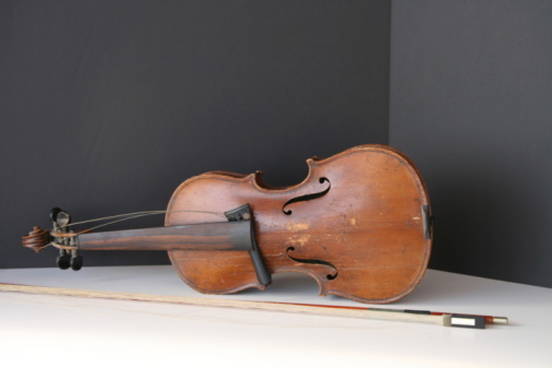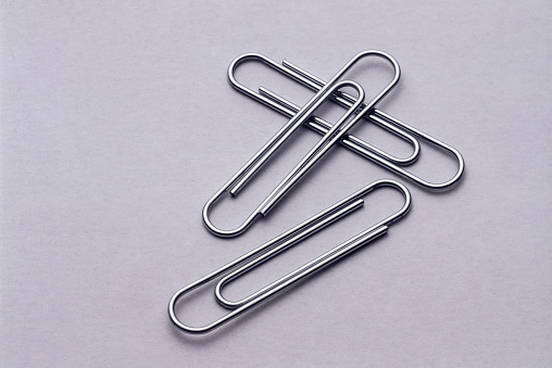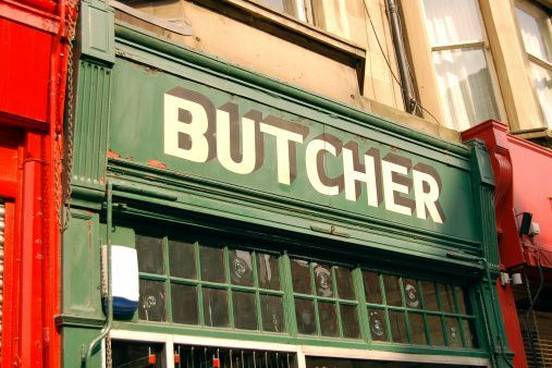
Nugatory
adjective 1 : of little or no consequence : trifling, inconsequential 2 : having no force : inoperative
In Latin, nugae are trifles—that is, things of little value, substance, or importance. In English, such things can be described as nugatory, as in "I'm not going to concern myself with such nugatory matters as obscure words from extinct languages."
Whatever its origin, nugatory has, we think, a pleasantly dismissive sound to it. And if you like the adjective, we have some nouns for you to consider as well: nugacity, which refers to something frivolous or trivial, or to triviality itself; and the obsolete (but otherwise perfectly good) nugation, meaning "the act or an instance of trifling." (Trifling is, of course, treating or dealing with someone or something in a way that shows a lack of respect or seriousness.)

Pettifogger
noun : one given to quibbling over trifles
Do you know someone who quibbles over trifles? Who raises trivial points to argue about unimportant things? If so, you are acquainted with one who can rightly be called a pettifogger. The word was originally two: pettie and fogger, with pettie being a variant spelling of petty, a word that ably describes the small-minded; and fogger being … somewhat opaque. The word may come from Fugger, the name of a successful family of 15th- and 16th-century German merchants and financiers. The Fuggers were not beloved by all, and Germanic variations on their name have historically described those who are wealthy, greedy, and pushy, making their name a reasonable (though still speculative) suspect for the pettifogger etymology.
And in case you were wondering, yes, a pettifogger does pettifog. That verb is defined as "to engage in legal chicanery," "to quibble over insignificant details," and "to plead (something, such as a case) with legal chicanery."

Fiddling
adjective : trifling, petty
The skill required to play the fiddle was, it seems, not held in high regard when fiddling was first used to describe what matters little—as in "a fiddling excuse"—in the mid-17th century. In fact, by that same time, the verb fiddle had expanded from its original straightforward musical use to develop less laudable meanings ranging from "to spend time in aimless or fruitless activity" to "to cheat or swindle."

Trivial
adjective : of little worth or importance
Trivial comes from the Latin word trivialis, meaning "found everywhere; commonplace," but its origin is in the stuff of maps and Robert Johnson legends: trivialis comes from trivium, meaning "crossroads"—from tri- and via, meaning "way." What was seen at the crossroads of trivialis was common enough to be encountered anywhere. In the late 16th century, that word's English descendant, trivial, was used to mean "commonplace, ordinary."

Ablach
noun : an insignificant person
While we do not accede to the assertion that any person is in truth insignificant, the word ablach is (in Scottish English, anyway) used to refer to a person one has deemed so. The Scots have been using this word thusly since the late 19th century. The word comes from Scottish Gaelic, in which language it means, um, "mangled carcass" or "brat." Use with caution (perhaps only in fiction?).

Small-fry
adjective : minor, unimportant
While small-fry has described people and affairs deemed by the describer to be unworthy of attention since the early 19th century, it had been functioning (mostly without a hyphen) as a noun for centuries before then. Small fry in the late 16th century referred to recently hatched or juvenile fish (the term was redundant, since fry already referred to the same), and by the middle of the 17th century, the word had developed meanings of "a child" and "someone or something considered insignificant or minor."
The small fry we refer to here is not to be confused with the small fry that refers to a portion of french fries that is difficult to share.

Chopped liver
noun : one that is insignificant or not worth considering
Literally, chopped liver refers to animal liver (especially from a calf or chicken) that is chopped and cooked (or cooked and chopped) and eaten as food. But since the middle of the 20th century, the term chopped liver has also featured in rhetorical questions like "What am I, chopped liver?"—usually posed in reaction to the suggestion by another that a third person or thing is particularly appealing.

Dandiprat
noun : a contemptible or insignificant person
We don't know why British people starting referring to those they found despicable or otherwise wanting in some regard with the term dandiprat in the 16th century, but they did. The use is now archaic but that doesn't mean it's unavailable for modern speakers. If someone is truly behaving badly, throwing the word at them might just be just the thing. It should also be noted that dandiprat also refers to a small English silver coin no longer in use. The origin of the term is unknown.





